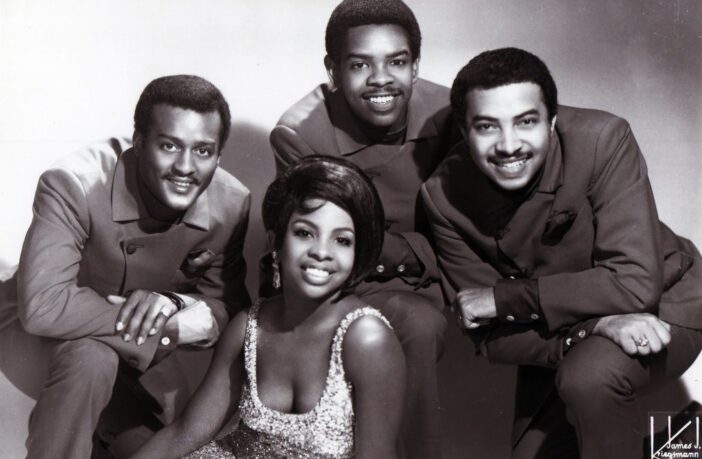Source: Gilles Petard / Getty
Netflix premiered a masterpiece this week–a historic Black film, kept from us for 50 years: Save The Children: A Concert for the Ages. Its release continues the recent unearthing of historic, 20th-century Black cultural events presented as documentary films, most notably, Ahmir “Questlove” Thompson’s Oscar-winning 2021 film Summer of Soul about six concert weekends in Harlem’s Mount Morris Park (now Marcus Garvey Park).
Like Save The Children it had a lineup of luminaries from Stevie Wonder to Nina Simone–and brilliant social commentary.
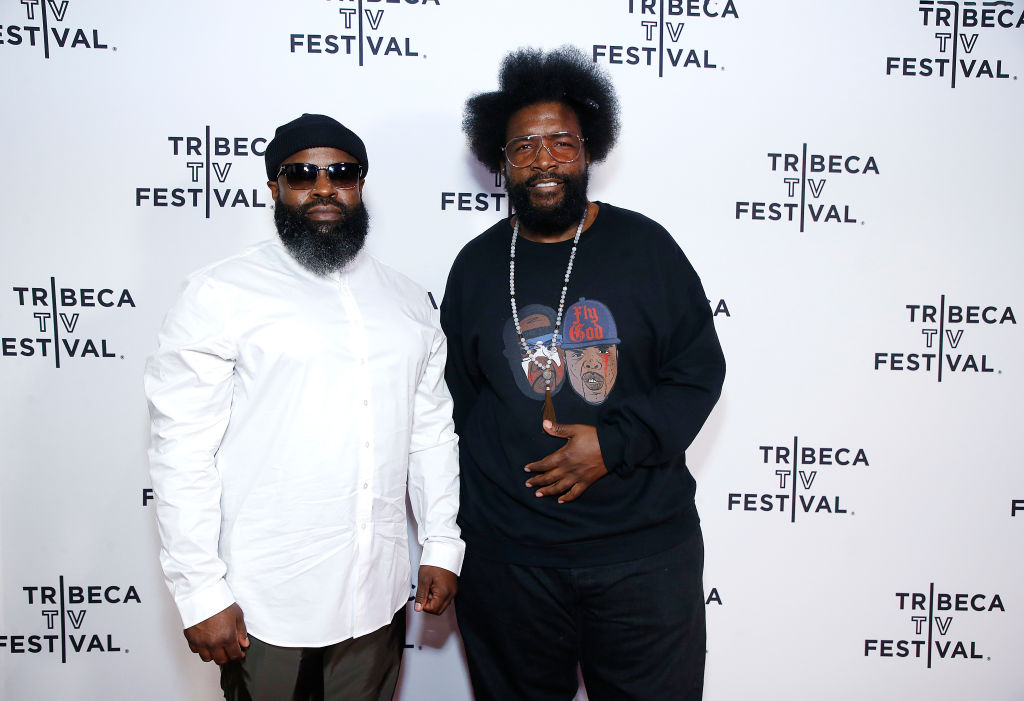
Source: John Lamparski / Getty
Save the Children arrives as America is presented the opportunity to elect its first Black woman president. It takes us back to 1972–the year Shirley Chisholm became the first Black woman–person–to seek a major party nomination for president.
And, it captures another full-circle moment: The long-forgotten concert film takes place in celebration of Jesse Jackson’s Operation: PUSH’s inaugural Black Expo in 1972. Like Summer of Soul, it includes an incredible array of performances and, importantly, documents the state of Black America during the Black Power Era.
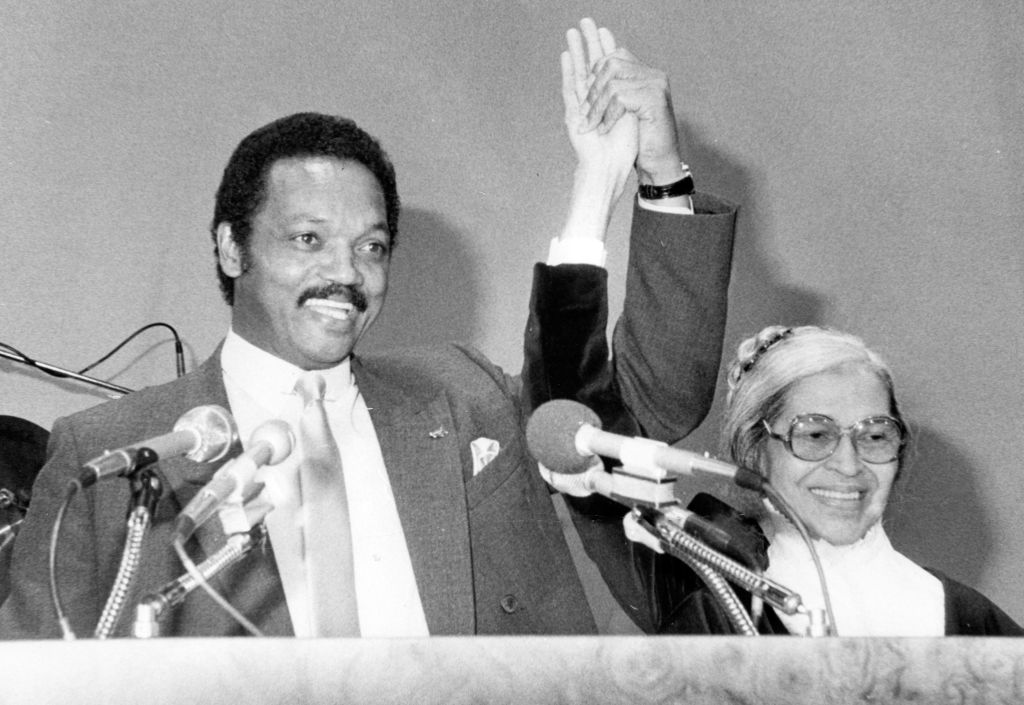 Jesse Jackson with Rosa Parks Source: Afro Newspaper/Gado / Getty
Jesse Jackson with Rosa Parks Source: Afro Newspaper/Gado / Getty
Legends like Marvin Gaye, The Jackson 5, Quincy Jones and Roberta Flack, Gladys Knight and the Pips, Bill Withers, Cannonball Adderley, Albertina Walker, James Cleveland and Curtis Mayfield are featured. It even had a double LP soundtrack released on Motown Records, and the film, now streaming, which was directed by Stan Lathan and produced by Clarence Avant, had a theatrical release in 1973.
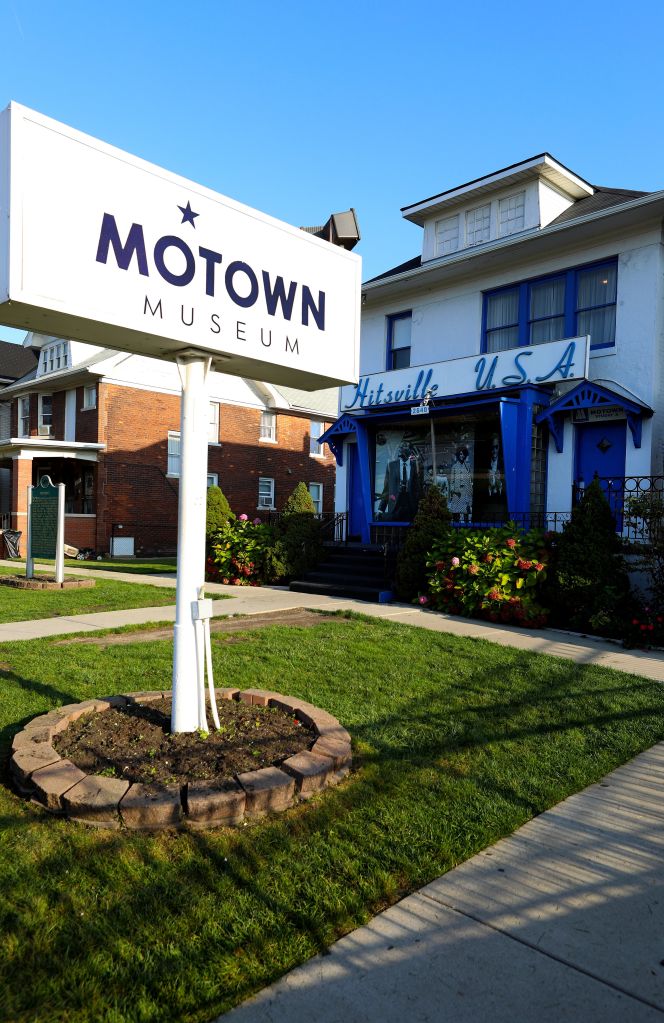
Source: Raymond Boyd / Getty
However, it quickly disappeared, and, like the footage Ahmir would weave together to give us Summer of Soul, it remained unseen and nearly forgotten for over five decades. Only excerpts of performances from Mayfield, Gaye, Jones, and The Jackson 5 have been shared, either officially or bootleg.
But thanks to the efforts of Rev. Jackson’s team, the restoration process began in 2021. This past Sunday, it debuted for a 21st-century audience at the Chicago International Film Festival and hit Netflix the following day. At last, this concert, nearly relegated to myth, can be enjoyed by today’s viewers.
Black Loss, Black Power, Black Children, Black Love
Spearheaded by Rev. Jesse Jackson, founder of PUSH, the theme of the Expo was “Save the Children,” a play on Gaye’s song from his landmark album, What’s Going On, which had only been released a year before. Speakers like Jackson, Dick Gregory, and others waxed poetic about the idea of saving the children in an effort to ensure a brighter future for Black Americans and heal a wounded country, still reeling from the assassinations of the Rev. Dr. Martin Luther King Jr., and Robert Kennedy, only four years prior.
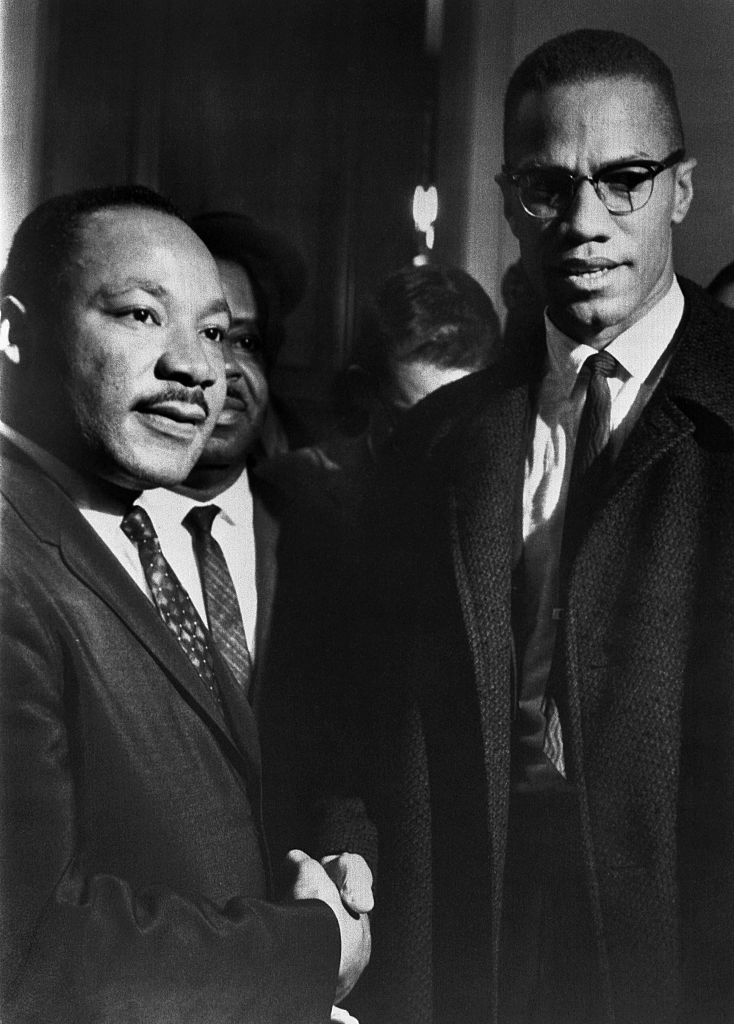
Source: Bettmann / Getty
Gaye’s plea to “save the babies” is the first performance we see in the piece, providing us with an observation of the conditions Black children had forced upon them, and a mission statement to solve the problems. Things were at a breaking point.
The Civil Rights Movement of the 1960s gave Black people a glimmer of hope that change was within their grasp. But after centuries of slavery and another 100 years of Jim Crow, the murder of Malcolm X, Medgar Evers, Fred Hampton, King, and the Kennedy brothers, it seemed like Black people were doomed to live forever in the margins.
But the organizing and ideas of young activists like the Black Panthers–and the courage and power of those who were already part of the Black Arts Movement—changed the way popular art was conceived and presented. It was liberating. Black artists began showing up as their whole selves–bringing not only their rhythms, but all of those demands blues create.
Their socially relevant, politically charged music galvanized listeners. The musicians who took part in Save The Children helped stop the community from succumbing to giving up altogether.
Lathan does a wonderful job utilizing split screens and b-roll to juxtapose the performers with images of Chicago, the Expo’s host city. At times, it’s footage of older men and women, at others its images of churches and babies crying and playing. We also see the audience in jubilation and attention.
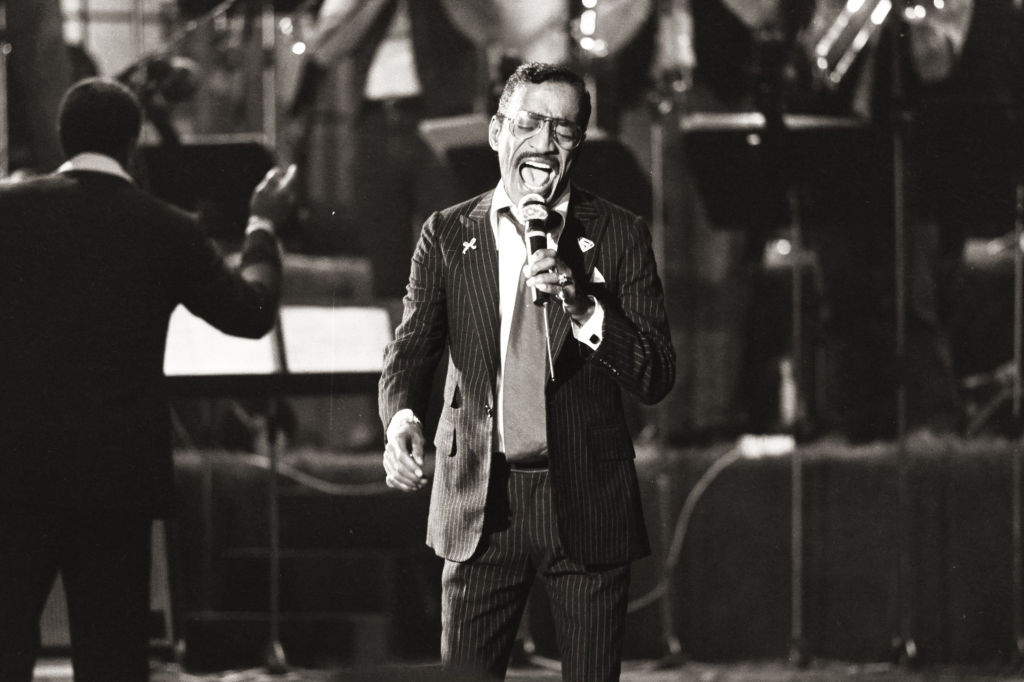
Source: United Archives / Getty
“Whether I’m right or whether I’m wrong; whether I find a place in this world or never belong, I’ve got to be me, I’ve got to be me; what else can I be.” ~ Sammy Davis Jr.
The centerpiece of the film is when Sammy Davis Jr. stood before the audience, facing possible condemnation. Earlier that year, he took much flack for not only endorsing President Richard Nixon for re-election but giving him an awkward hug during a campaign event.
In 2024, those things are grounds for being canceled. But in 1972, Davis faced his people, encouraged them to be angry with his opinions and affiliations, and got many of them to forgive, or at least respectfully agree to disagree, with him.
“Disagree if you will with my politics, but I will not allow anyone to take away the fact that I am Black,” Davis said before asking for permission to sing. The first line of his classic tune, “I’ve Gotta Be Me,” encapsulated the moment perfectly:
Indeed, the curated collection of songs chosen for Save The Children represents the diverse and intentional psyche of Black Americans during that time. Withers’ “Lean On Me” showed humility and willingness to help your fellow citizens. Gaye’s “What’s Happening Brother” illustrated the all-too-current narrative of the Black Vietnam War vet returning home to an unfamiliar and uncertain existence. Mayfield’s “We People Who Are Darker Than Blue” asked the uncomfortable but necessary question of whether or not we as a people would succumb to the rhetoric of the wretchedness that the white man had deemed we perpetuated.
“Who really cares, who’s willing to try, To save a world that is destined to die.” ~ Marvin Gaye
Lastly, there was The Jackson 5.
Soul Train creator/host Don Cornelius introduced the biggest group in America as living testimonies of why saving the children was so vital and proof that such an idea could work. The band’s exuberance, led by the ultra-charismatic 14-year-old Michael Jackson, illustrated the potential of Black America: Black youth embracing their Blackness and exuding their joy without the need for militancy.
Save the Children is an essential watch. Not just because the performances are epic and unforgettable but because they remind us all that we are not a monolith–but are still one people who can work together across our differences to stand up for what’s best for our community.
For more of Matthew Allen’s thoughts on ‘Save The Children,’ please follow his Substack page
SEE ALSO:
Remember The Time: On This Day Michael Jackson Was Acquitted Of All Charges
The Courage, Excellence And Leadership Of Tito Jackson
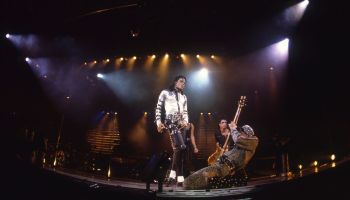
12 photos
